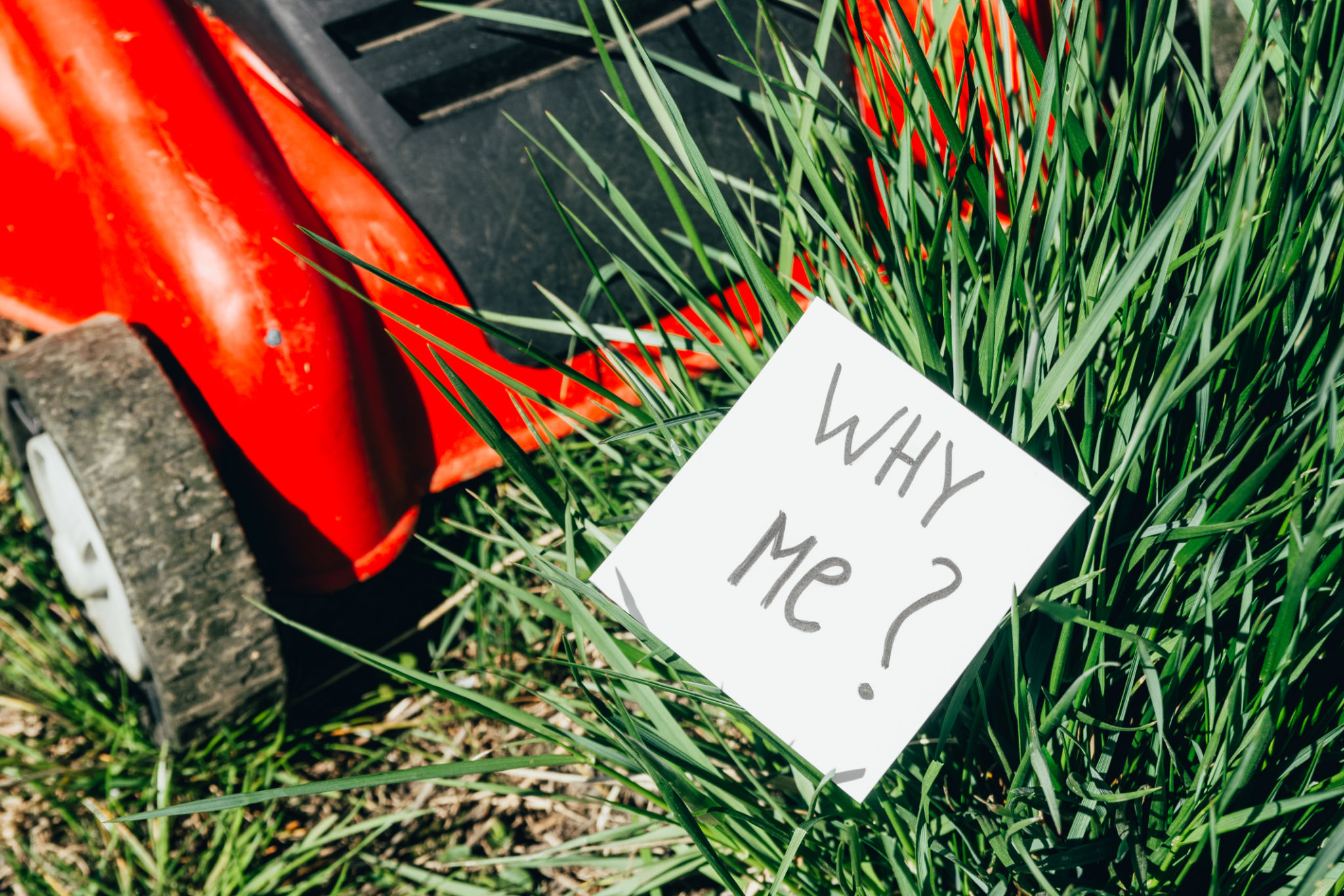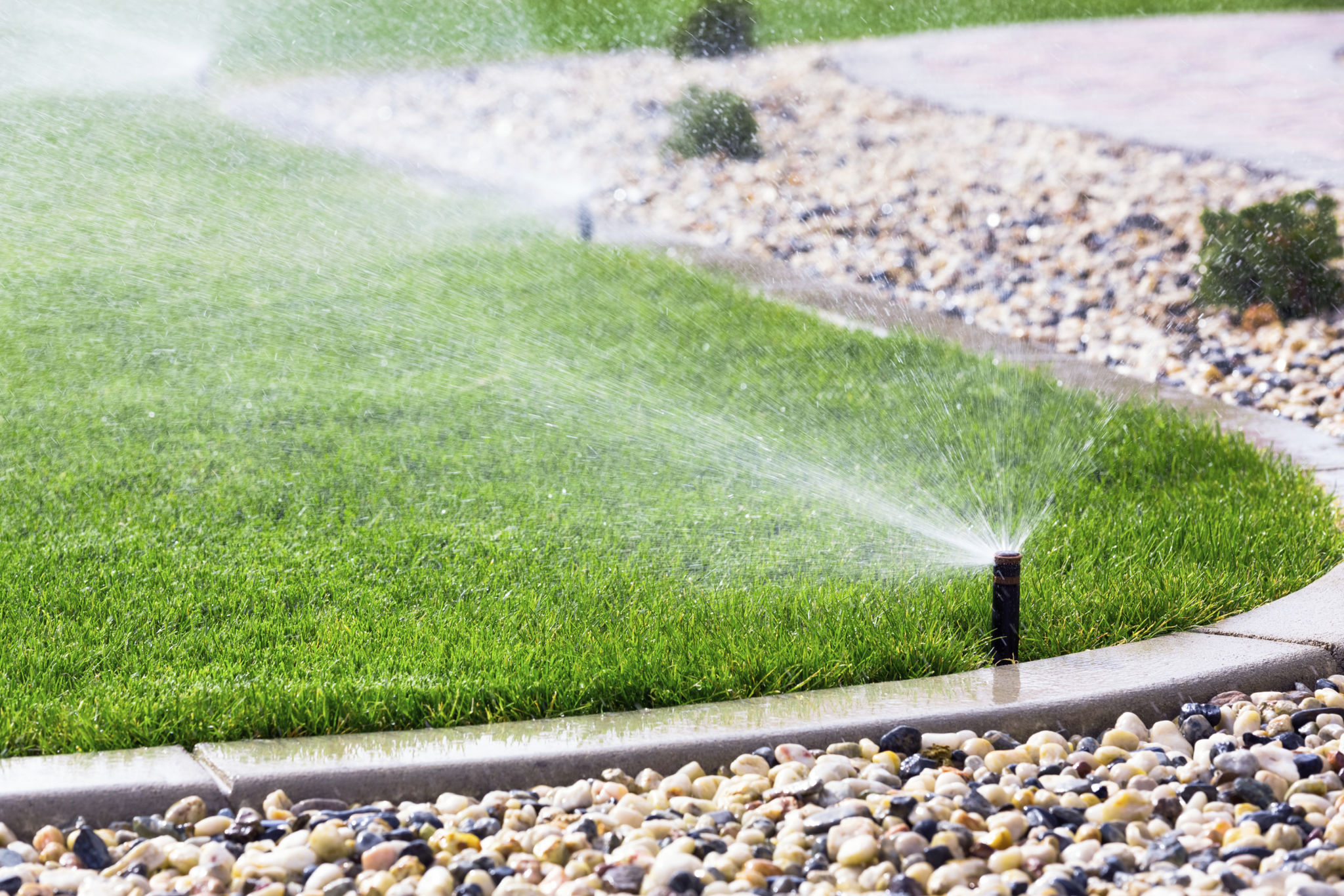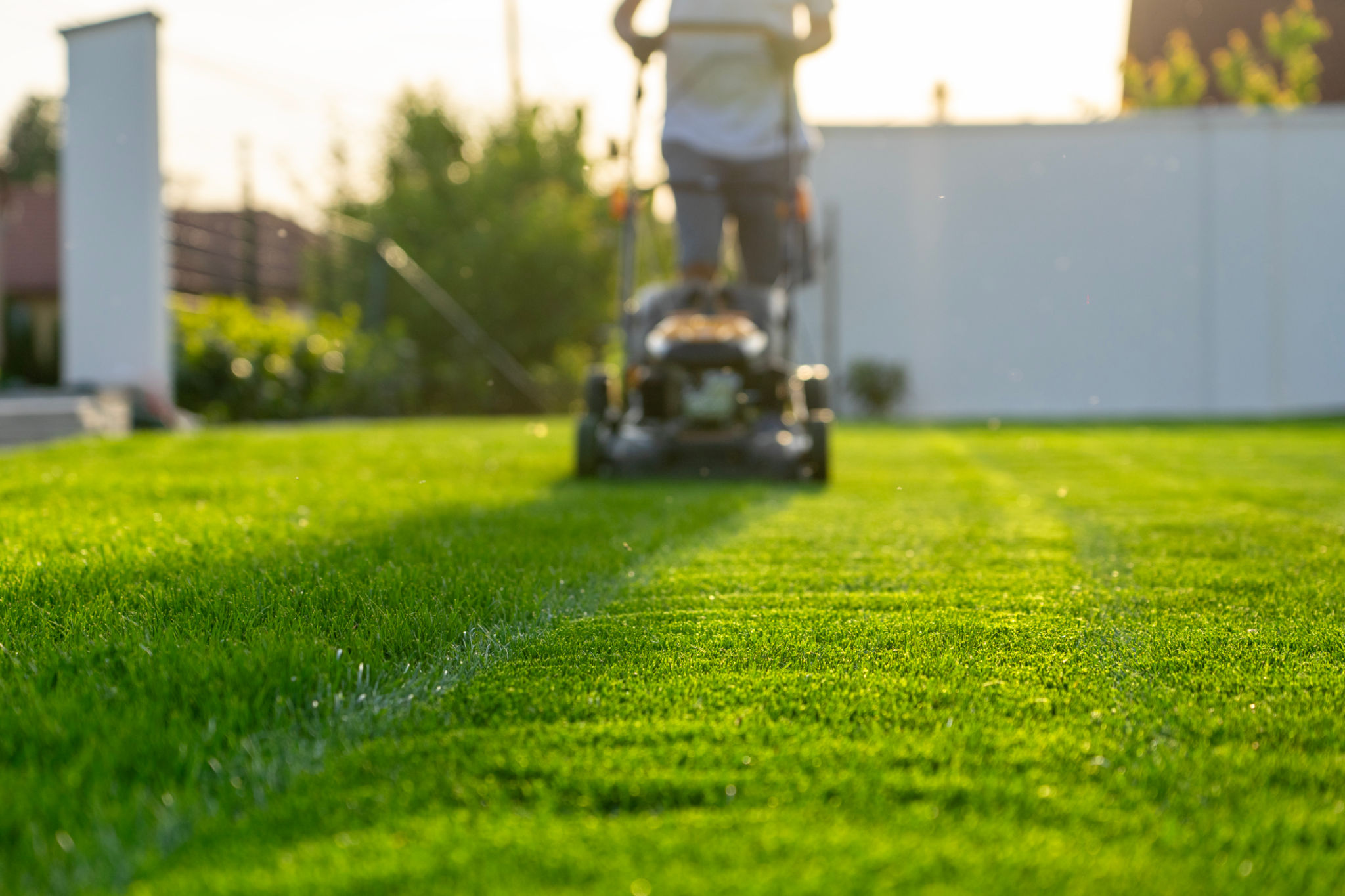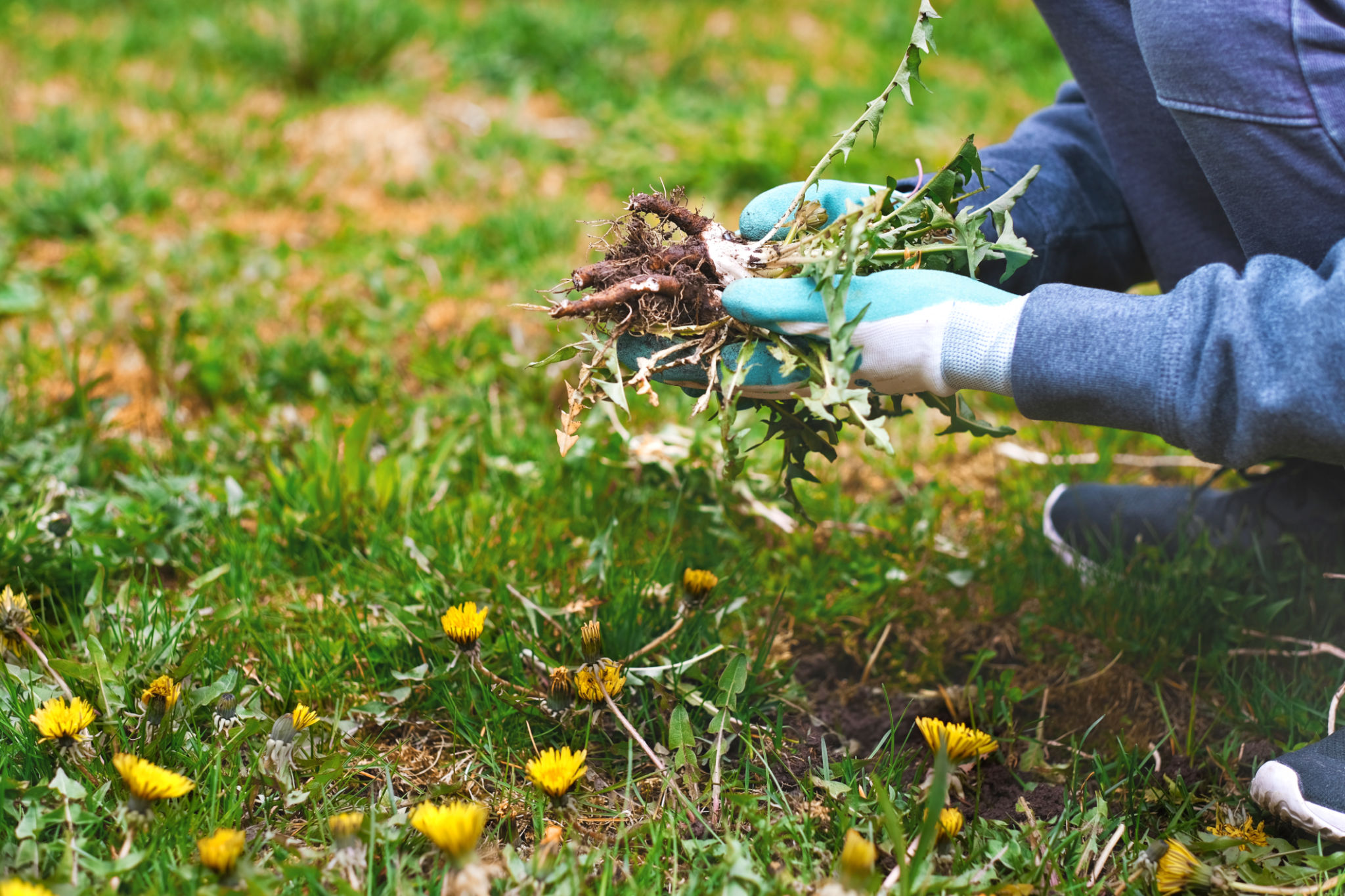Debunking Common Lawn Care Myths: What Really Works
Introduction to Lawn Care Myths
Having a lush, green lawn is a dream for many homeowners. However, achieving this can often feel daunting, especially with a plethora of lawn care myths floating around. In this post, we'll debunk some of the most common myths and provide insights into what really works for maintaining a healthy lawn.

Myth 1: Frequent Watering Equals a Healthier Lawn
One of the most persistent myths is that watering your lawn daily will keep it healthy. In reality, overwatering can do more harm than good. It can lead to shallow root systems and make your lawn susceptible to disease. Instead, aim for deep, infrequent watering sessions to encourage roots to grow deeper into the soil.
Effective Watering Strategies
For optimal results, water your lawn early in the morning. This reduces evaporation and allows the grass to dry before nightfall, preventing fungal growth. Depending on your climate and soil type, watering once or twice a week is usually sufficient.

Myth 2: Cutting Grass Short is Better
Many believe that mowing the grass short means they won't have to mow as often. However, cutting your grass too short can stress the lawn, making it more prone to weeds and pests. Maintaining a moderate height is crucial for a healthy lawn.
Optimal Mowing Practices
The ideal height for most grass types is around 2.5 to 3 inches. Regularly mowing at this height helps the grass retain moisture and develop a robust root system. Additionally, ensure your mower blades are sharp to avoid tearing the grass, which can lead to disease.

Myth 3: Chemical Fertilizers Are Always Necessary
While chemical fertilizers promise quick results, their overuse can harm the environment and your lawn's health. In many cases, natural alternatives can be just as effective, if not more so.
Exploring Natural Fertilization Options
Consider using compost or organic fertilizers that release nutrients slowly. These options improve soil health over time and reduce the need for additional chemical inputs. Furthermore, leaving grass clippings on the lawn after mowing acts as a natural fertilizer.
Myth 4: Weeds Need Harsh Chemicals
The presence of weeds often leads homeowners to reach for chemical solutions. However, these can damage the surrounding grass and affect soil quality. A balanced approach, combining manual removal and preventive measures, is often more effective.
Preventive Measures and Alternatives
- Regularly aerate your lawn to improve soil health.
- Maintain a thick turf to prevent weed seeds from taking root.
- Utilize natural herbicides or homemade solutions for minor infestations.

Conclusion: Rethinking Lawn Care
By understanding and debunking these common lawn care myths, you can adopt practices that genuinely benefit your lawn. Remember, healthy lawns result from thoughtful care and attention rather than quick fixes and outdated advice. Implementing these strategies will not only enhance your lawn's appearance but also contribute to a more sustainable environment.